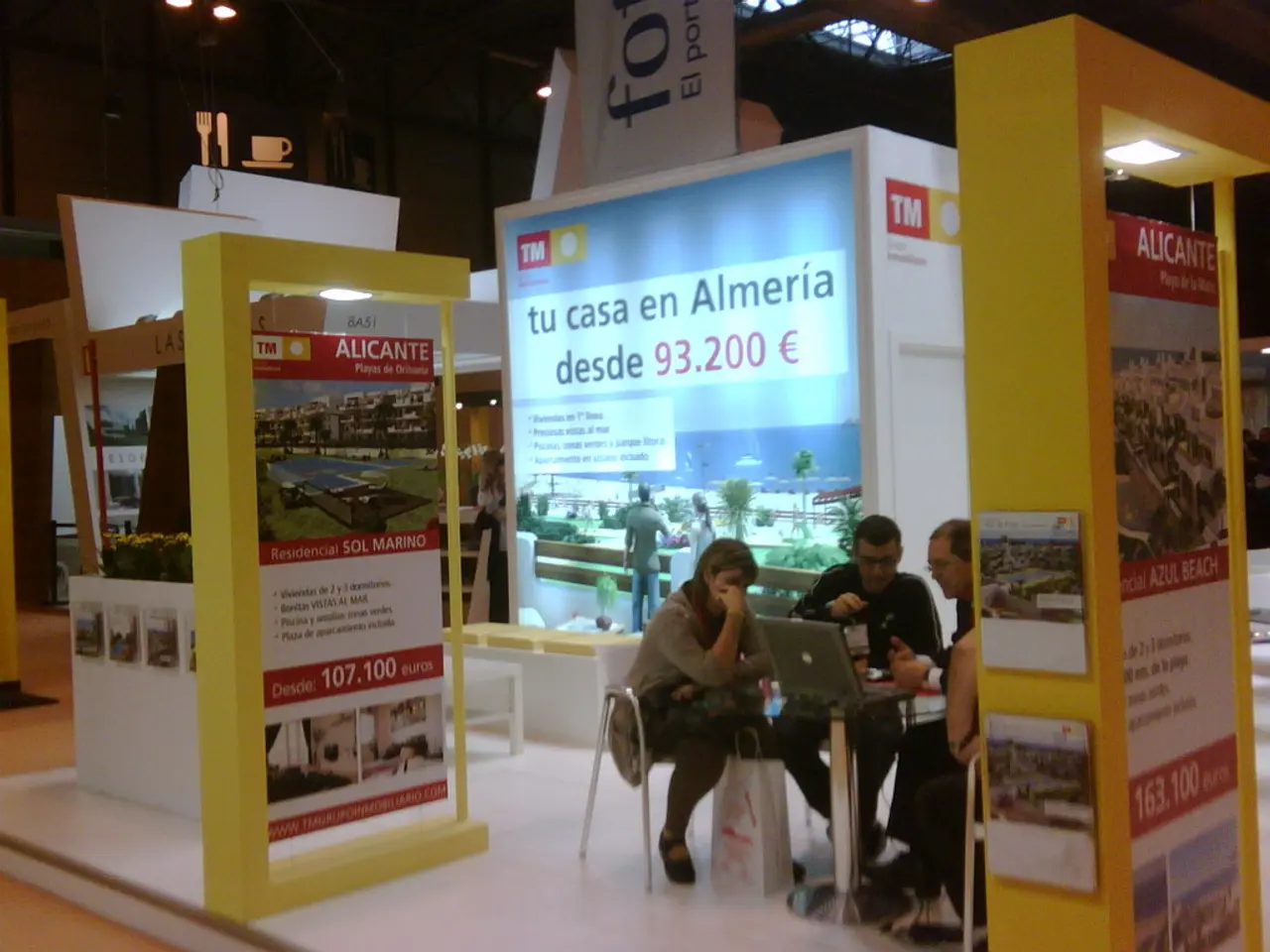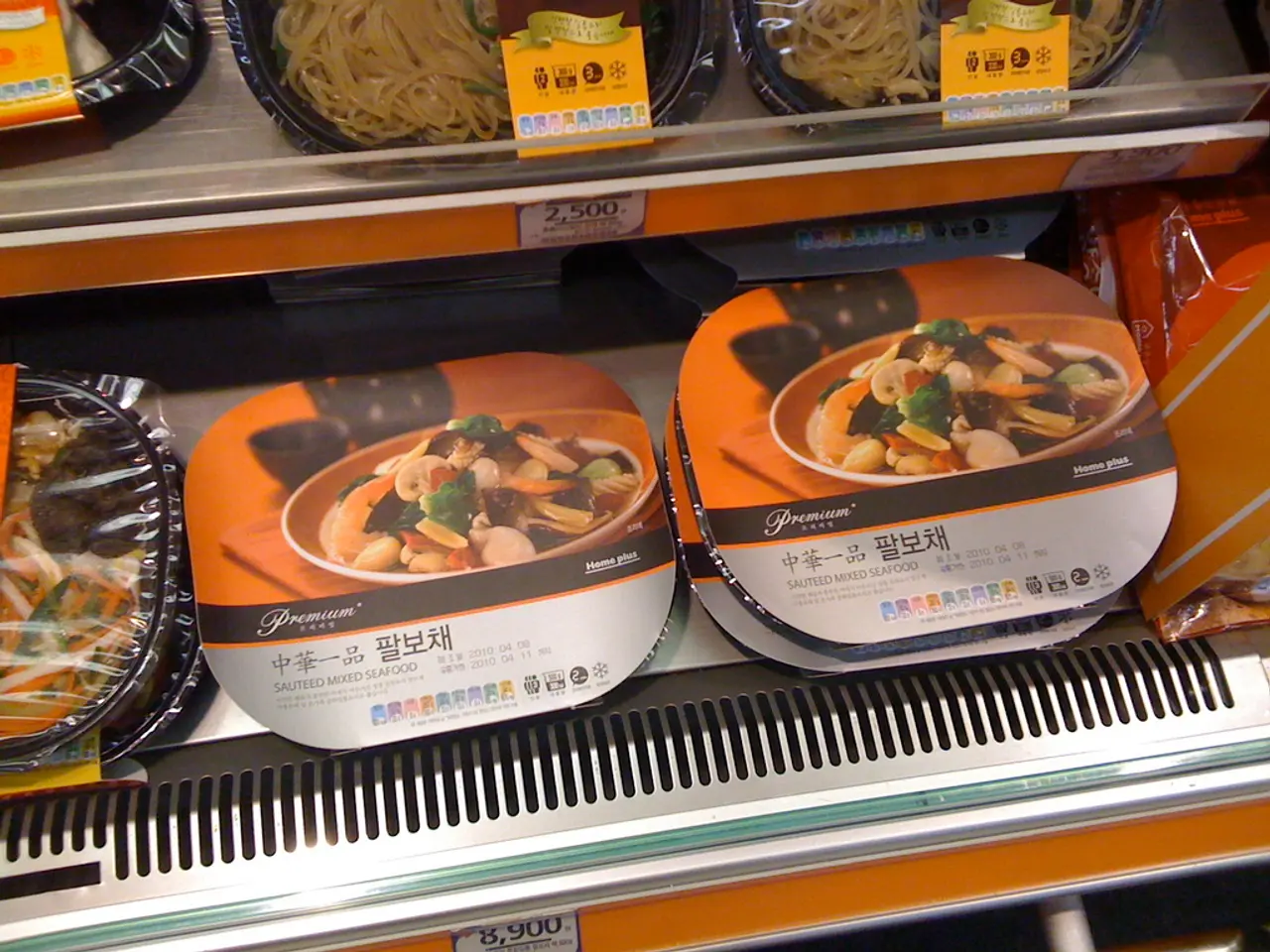Customs Inspection and Supervision
Spicing up Your Trade Game: Navigating Customs Procedures with Union Customs Code
Hey there, business owner! Say goodbye to the old ways of getting your goods through customs - the Union Customs Code (UCC) has arrived and transformed the game! This new legislation, effective since May 1, 2016, phased out Processing under Customs Control. Want to get more information? Read up on Notice 3001: customs special procedures for the Union Customs Code.
Ever wondered what these customs special procedures do? Basically, they streamline the customs procedures within the European Union by providing specific paths for handling goods under unique conditions – you know, the kind that don't follow the usual customs clearance process. The UCC divides these special procedures into several groups, including Transit, Storage, Special Destination, and Processing.
How it works? Well, you start by making a legal declaration, relaying your intention to apply an EU customs procedure (such as storage, processing) under the UCC. Next, depending on which category your goods fall into, you'll enjoy the benefits of either having your goods moved under customs control, temporarily stored at warehouses and free zones, or specially handled for particular end-uses. There's even a category for modifying or repairing goods under customs control! Each special operation gets a unique Customs Procedure Code (CPC) to ensure the smoothest customs clearance possible.
Worth noting:- Authorizations: To make use of these special procedures, you'll need proper authorization – often tied to your Authorized Economic Operator (AEO) status and a significant guarantee, demonstrating your compliance with customs requirements.- Supervision: The Supervising Customs Office (SCO) and Presentation Customs Office (PCO) work together to supervise the placement, declaration, and release/control of your goods throughout the process. You may also have to participate in a consultation process with EU Member States, ensuring your goods and procedures meet EU standards.
Good news for businesses: The UCC and Notice 3001 make it easier and faster to move your goods within the EU, as they improve compliance, traceability, customs control, and decrease operating costs. The result? A healthier trading climate where everyone benefits!
In essence, the UCC and Notice 3001 establish structured frameworks to handle goods with special conditions within the EU customs territory, requiring authorizations, supervision, and customized procedural codes to keep the rhythm of trade flowing while managing risks and uncertainties effectively.
- To leverage the benefits of the customs special procedures under the Union Customs Code (UCC), businesses should familiarize themselves with the Customs Procedure Codes (CPC) assigned to each special operation, ensuring a smooth customs clearance process.
- The Union Customs Code (UCC) introduces a new landscape in the European Union's financial industry, as it streamlines customs procedures, reduces operating costs, and enhances trade compliance – ultimately contributing to a more prosperous and efficient industry.




